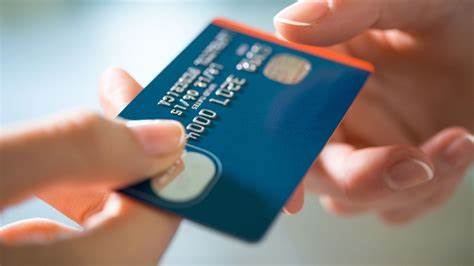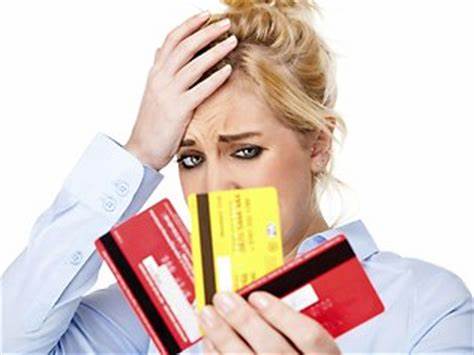Now that you have mastered how to handle expenses and some key basics and terms, it's time to pay your credit card for the first time. There are a lot of "right" ways to pay for your bill, but there are ways to pay for your card, which you must avoid. We are here to make sure you avoid these pitfalls and continue to strengthen your financial game.
 Getting approval for the first credit card is exciting! You have taken a big step towards building a good reputation. You may have heard of credit card rewards and hope to start getting these rewards.
Getting approval for the first credit card is exciting! You have taken a big step towards building a good reputation. You may have heard of credit card rewards and hope to start getting these rewards.After the excitement, you may have a lot of questions - for example, when will I pay? How much do I need to pay? How do I know if I have paid enough money, or is my credit score getting better and better?
With so many unknowns, is credit card worth worrying about? Short answer - yes! With a little background, figuring out your first credit card is a breeze. We'll give you a quick explanation of why credit cards are worth the trouble (in case you still don't believe it!) and some key terms to help you get started. In the next two articles, you'll get some quick tips on best practices for spending and payment cards.
Why do I need a credit card?
The biggest reason to get a credit card is to establish your credit score. It's not fascinating, but you need a good credit score to do anything from renting a house to buying a car or buying a house. Buying a house now seems to be nowhere in sight, but a good credit score can make a huge difference in your mortgage rate, all starting with your first card. According to the latest data from the loan tree, even an improvement from “good” to “good” (or 719 to 760) can save an average of more than $15,000 in the mortgage process.
A good credit score is something that many people don't think of before they need it. However, it is not easy to quickly change your credit score, so it is important to make positive credit building choices as part of your daily financial work. Other benefits include increasing the security of online shopping and the possibility of getting rewards. Who doesn't like to get free money and benefits just to spend money? As long as you can check your expenses and payments in a timely manner, you can take advantage of these benefits!
First credit card: terms to know
Now that you have a credit card and have logged in to your credit card website, you may have noticed a lot of different numbers and dates. For beginners, it's hard to understand what is and what you really need to pay attention to. Here are the five most important terms:
Current balance: This is the total amount you currently owe your credit card, but you don't have to pay immediately. This amount is the difference between the total amount you spend on your credit card and the total amount you have paid.
Statement Balance: This is the amount you owe the card before the due date listed. If you do not pay this amount before the due date, you will owe any portion of the interest you do not pay (depending on your interest rate).
Statement Due Date: This is the date you need to pay the balance of the statement to avoid interest payments and late fees.
Minimum Payment: This is the *min* amount that you can pay on your card to avoid late fees and missed payments on your credit report. However, this is not the goal you should pay.
Credit line: This is the maximum amount you can charge your credit card at any given time. If your current balance is equal to your credit limit, your credit card will be overdrawn.
Now that you have mastered some basic knowledge, you can manage your responsible credit card very well! With some tips on spending and paying your bills, you can start using your first credit card.


